Positive Displacement Pumps
FOR SALE AT 904-964-3995
The positive displacement principle applies in these pumps:
- Rotary lobe pump
- Progressive cavity pump
- Rotary gear pump
- Piston pump
- Diaphragm pump
- Screw pump
- Gear pump
- Hydraulic pump
- Rotary vane pump
- Peristaltic pump
- Rope pump
- Flexible impeller pump
Gear pump
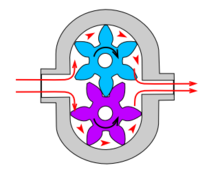
This is the simplest of rotary positive displacement pumps. It consists of two meshed gears that rotate in a closely fitted casing. The tooth spaces trap fluid and force it around the outer periphery. The fluid does not travel back on the meshed part, because the teeth mesh closely in the center. Gear pumps see wide use in car engine oil pumps and in various hydraulic power packs.
Screw pump

A screw pump is a more complicated type of rotary pump that uses two or three screws with opposing thread — e.g., one screw turns clockwise and the other counterclockwise. The screws are mounted on parallel shafts that have gears that mesh so the shafts turn together and everything stays in place. The screws turn on the shafts and drive fluid through the pump. As with other forms of rotary pumps, the clearance between moving parts and the pump’s casing is minimal.
Progressing cavity pump
Widely used for pumping difficult materials, such as sewage sludge contaminated with large particles, this pump consists of a helical rotor, about ten times as long as its width. This can be visualized as a central core of diameter x with, typically, a curved spiral wound around of thickness half x, though in reality it is manufactured in single casting. This shaft fits inside a heavy duty rubber sleeve, of wall thickness also typically x. As the shaft rotates, the rotor gradually forces fluid up the rubber sleeve. Such pumps can develop very high pressure at low volumes.

Roots-type pumps
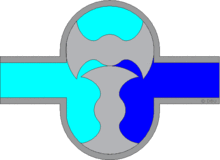
Named after the Roots brothers who invented it, this lobe pump displaces the liquid trapped between two long helical rotors, each fitted into the other when perpendicular at 90°, rotating inside a triangular shaped sealing line configuration, both at the point of suction and at the point of discharge. This design produces a continuous flow with equal volume and no vortex. It can work at low pulsation rates, and offers gentle performance that some applications require.
Applications include:
- High capacity industrial air compressors
- Roots superchargers on internal combustion engines.
- A brand of civil defense siren, the Federal Signal Corporation’s Thunderbolt.
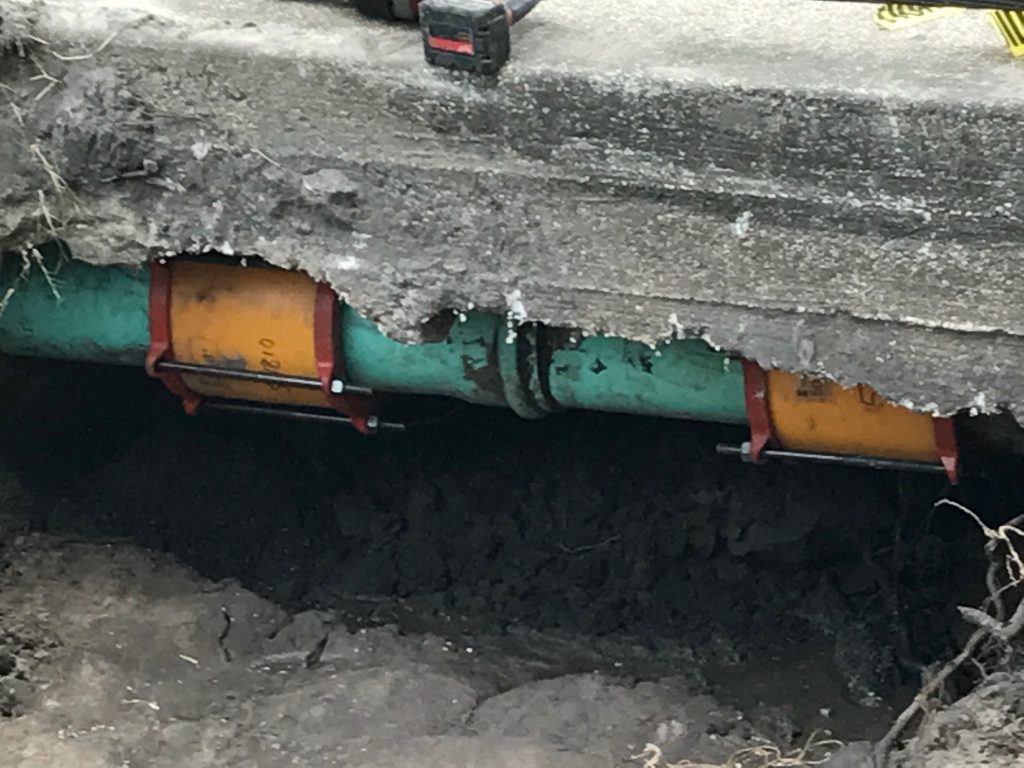
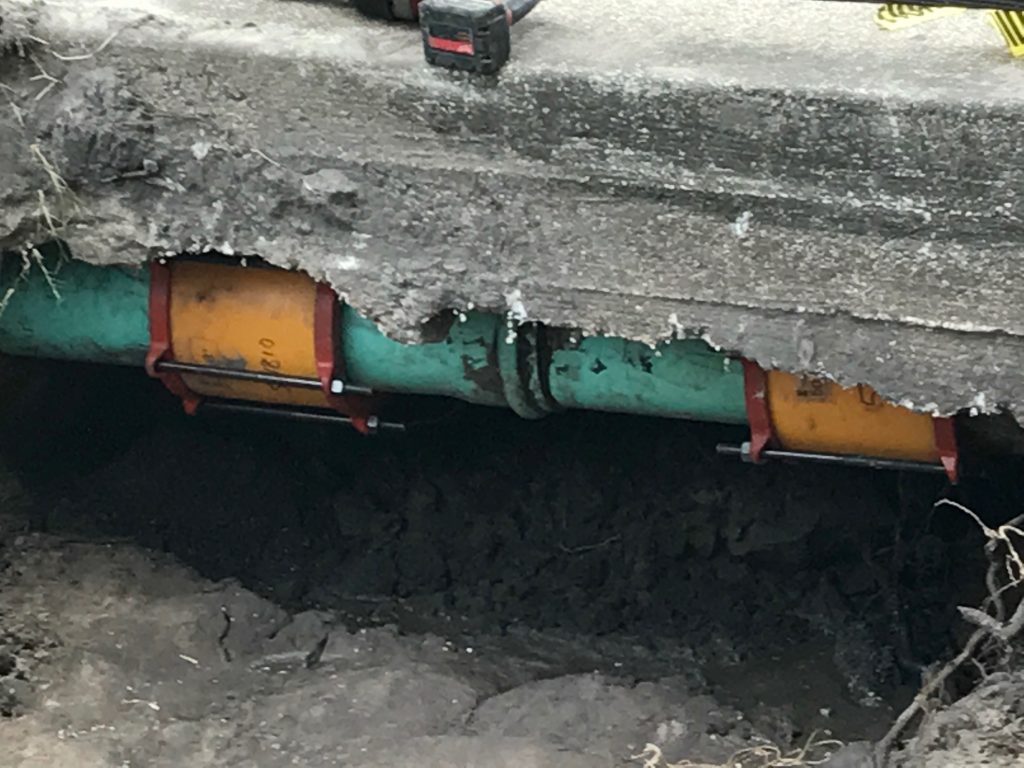
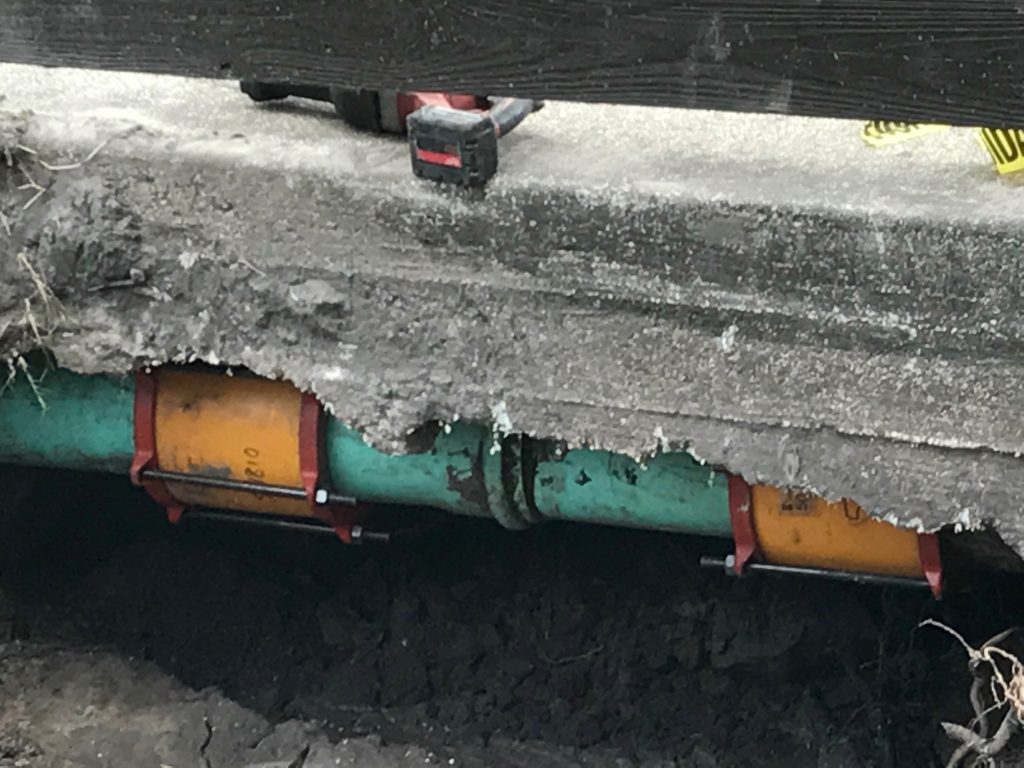

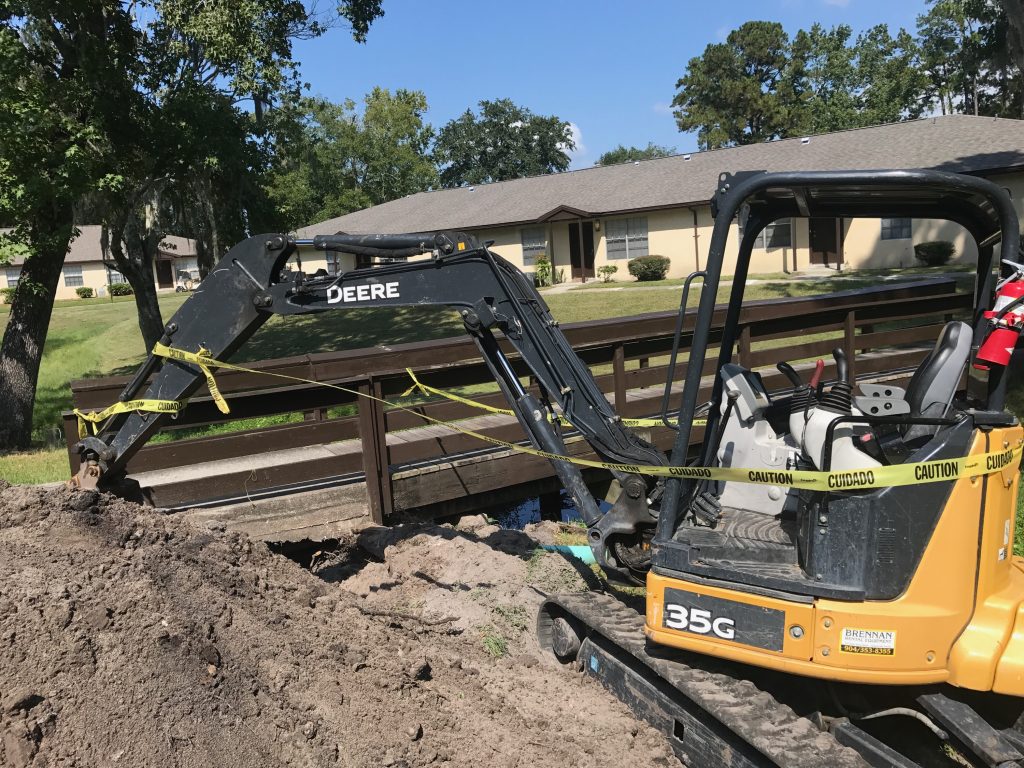
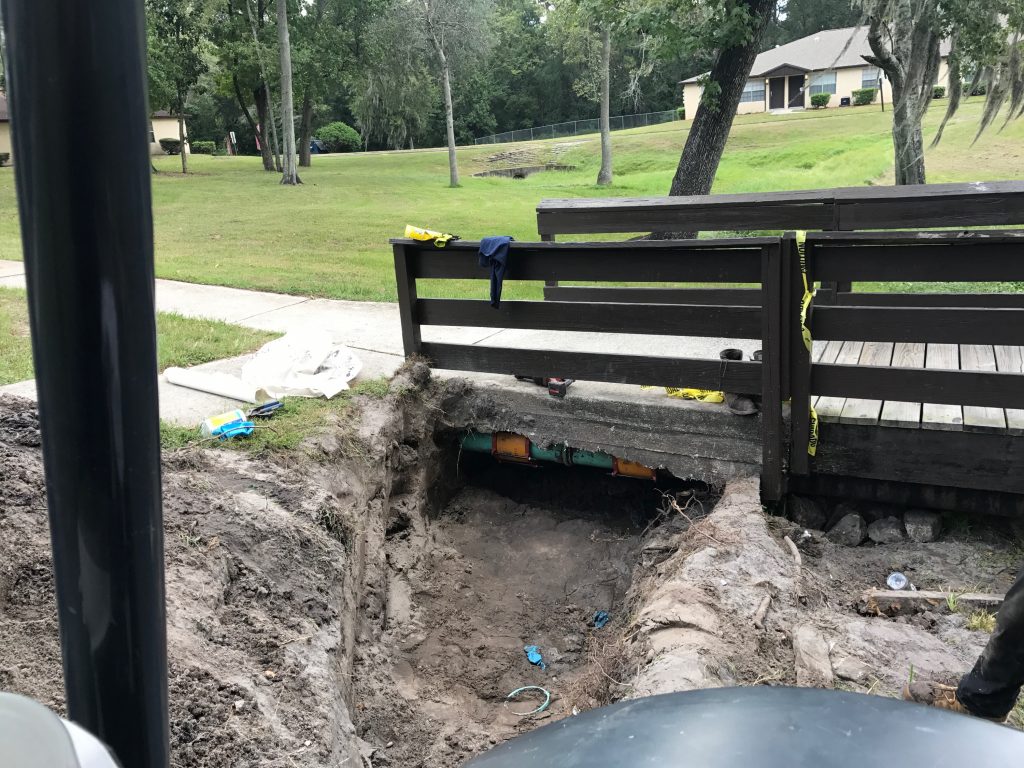
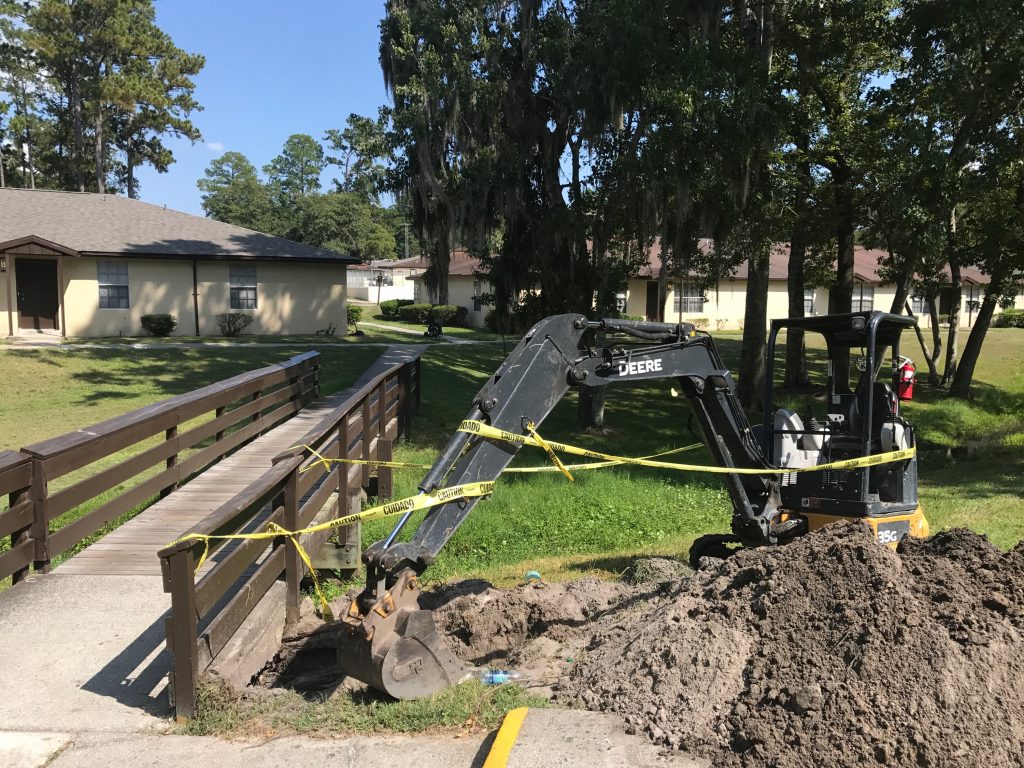
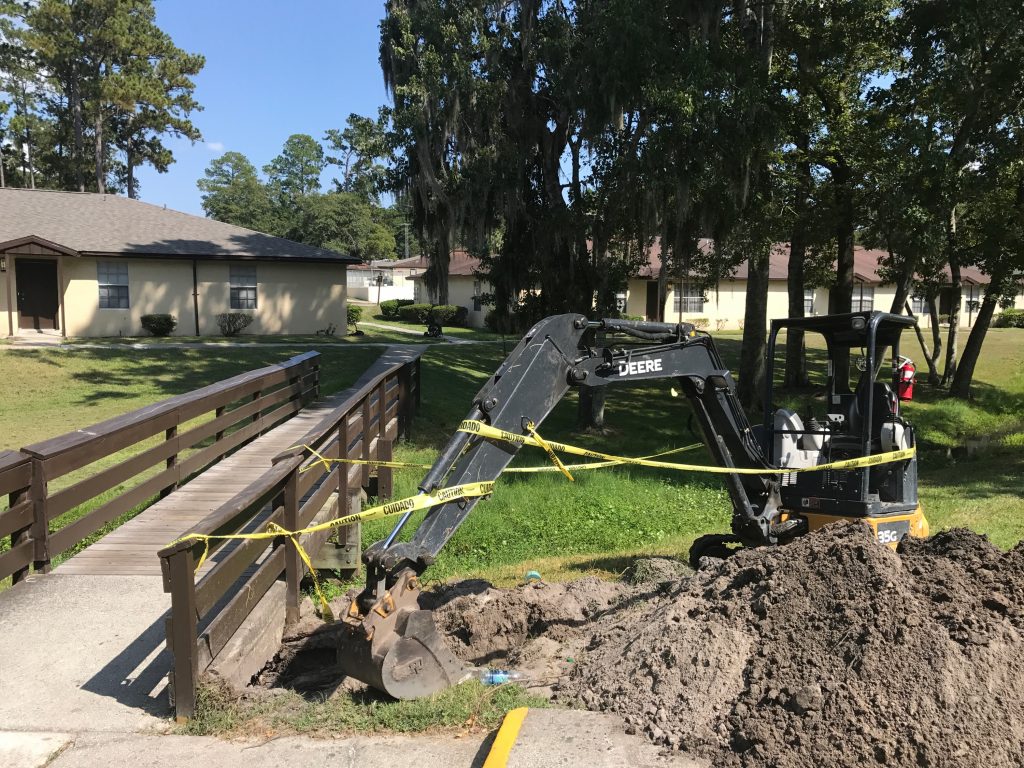
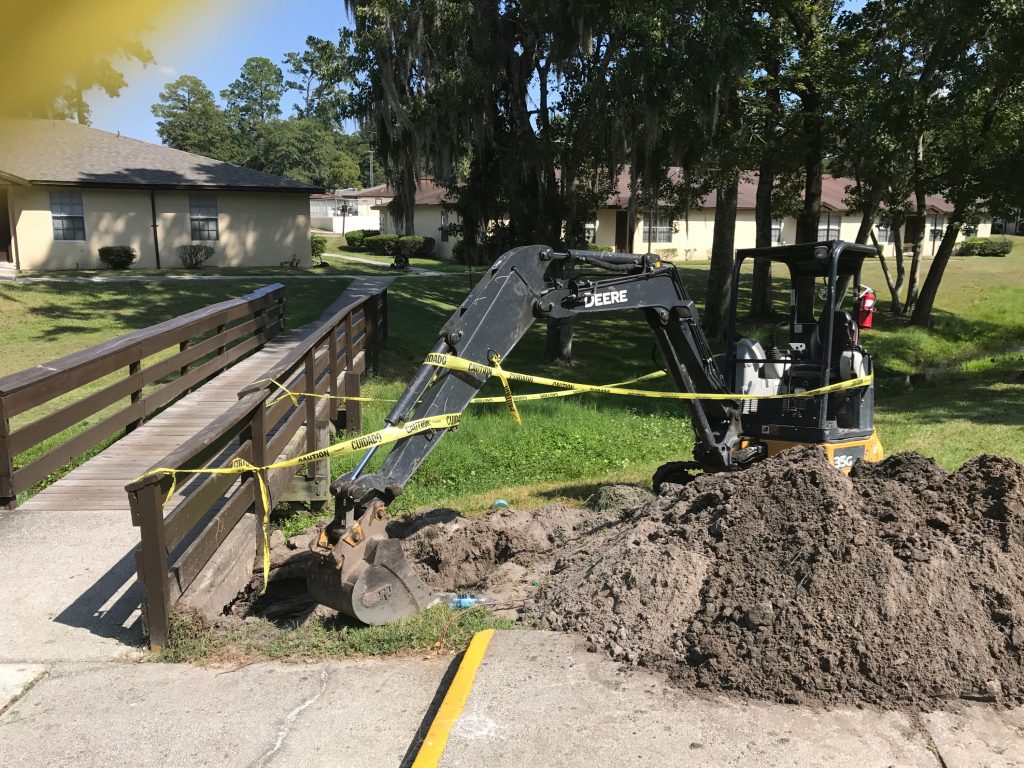
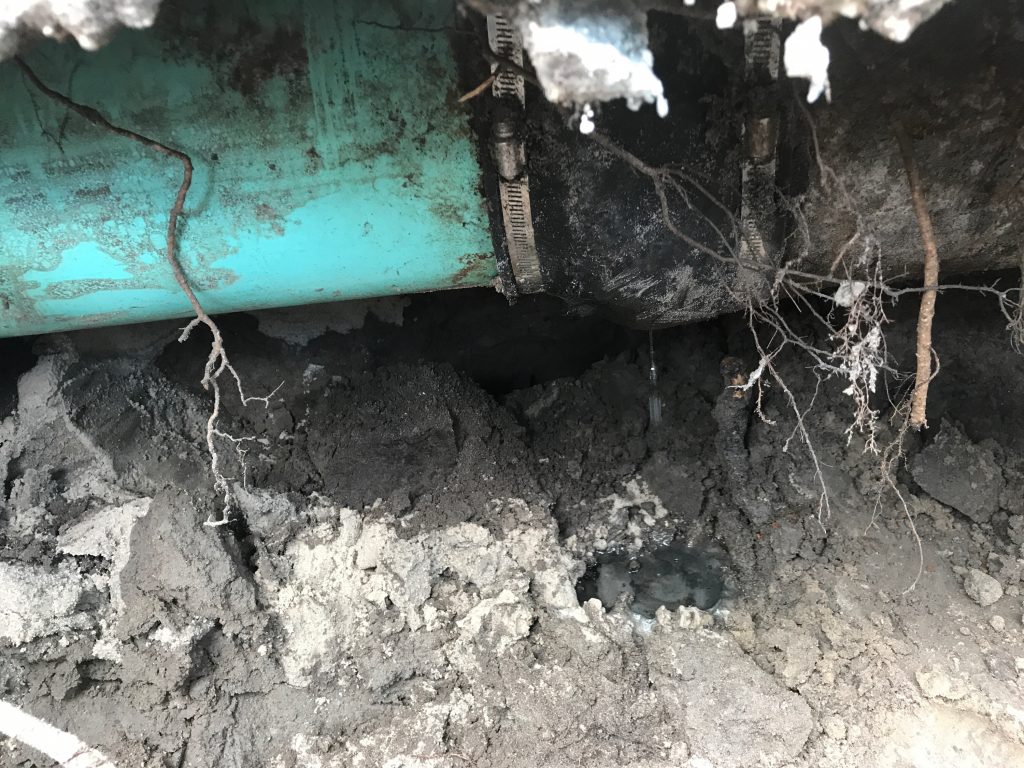
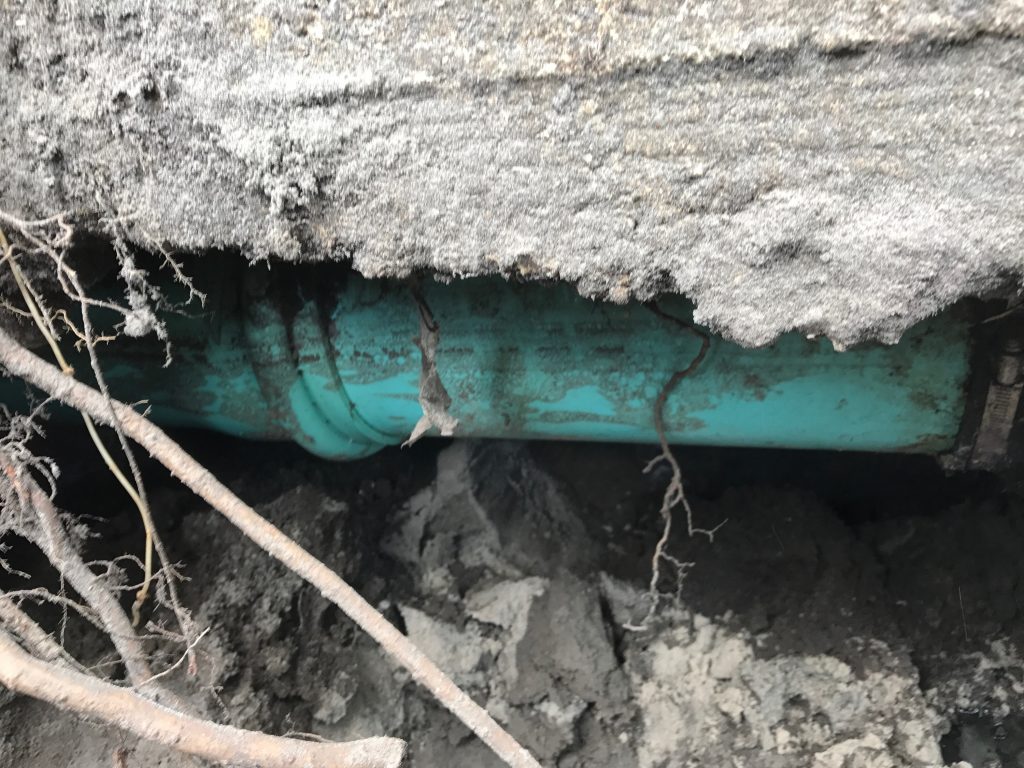
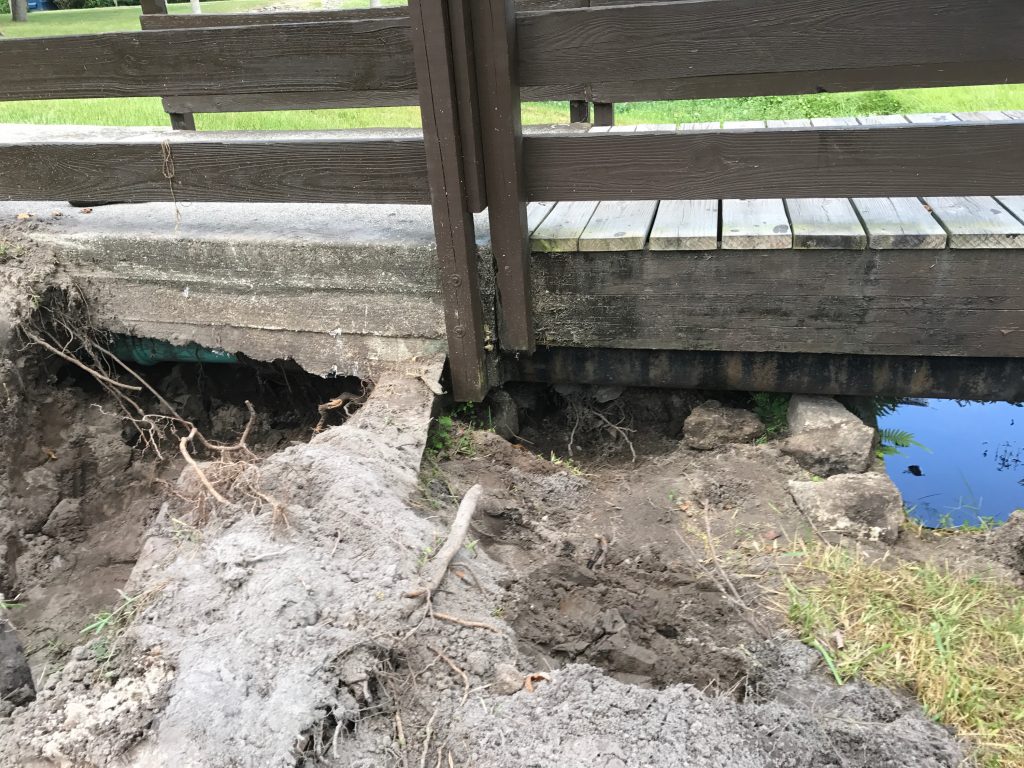
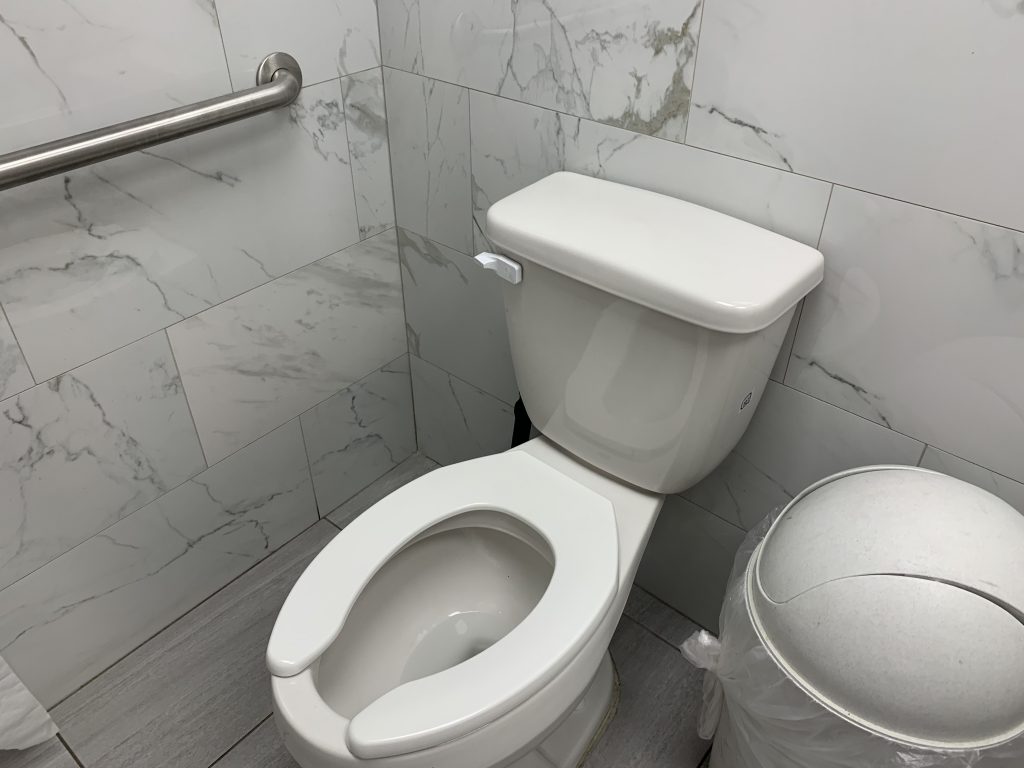
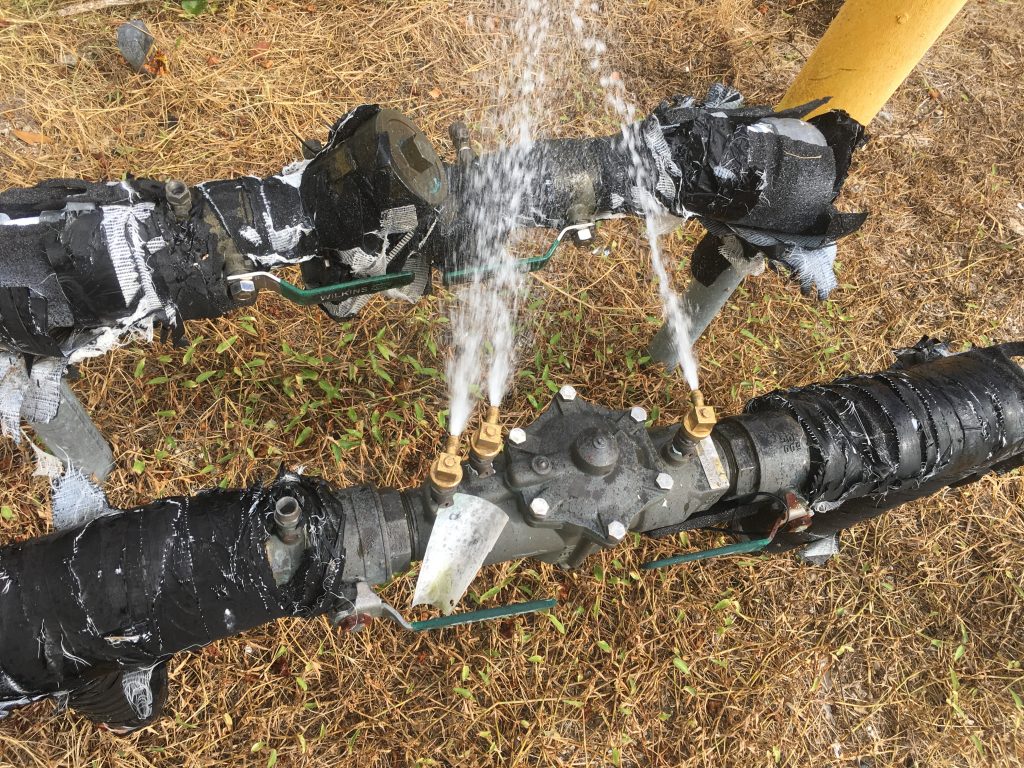
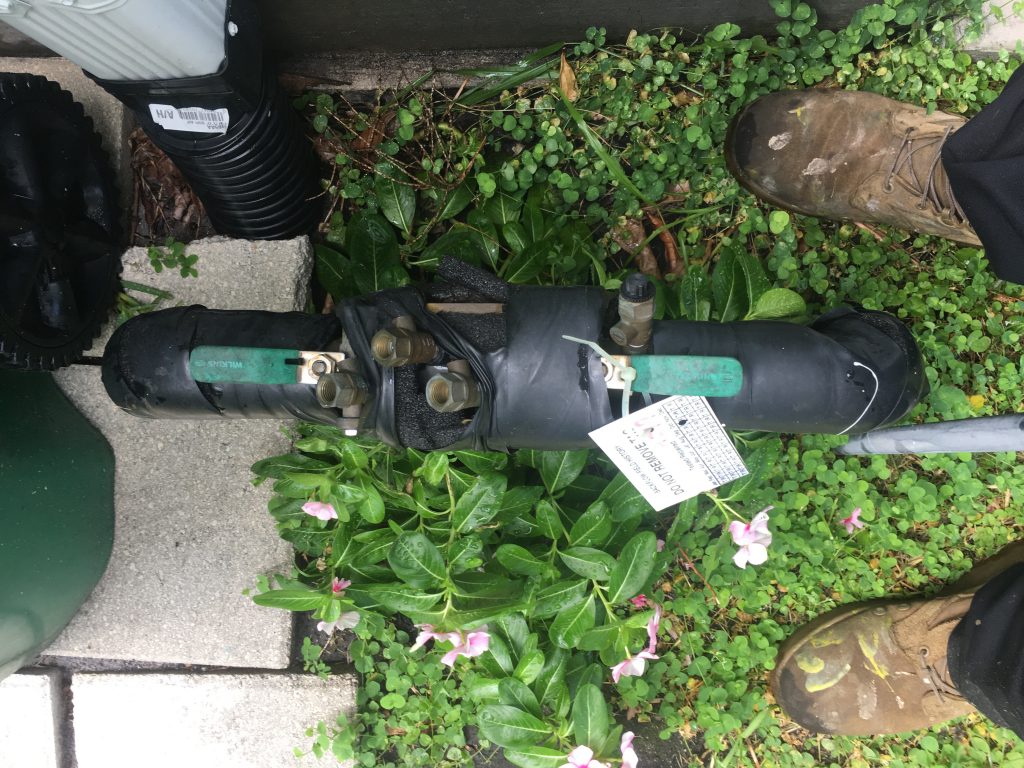
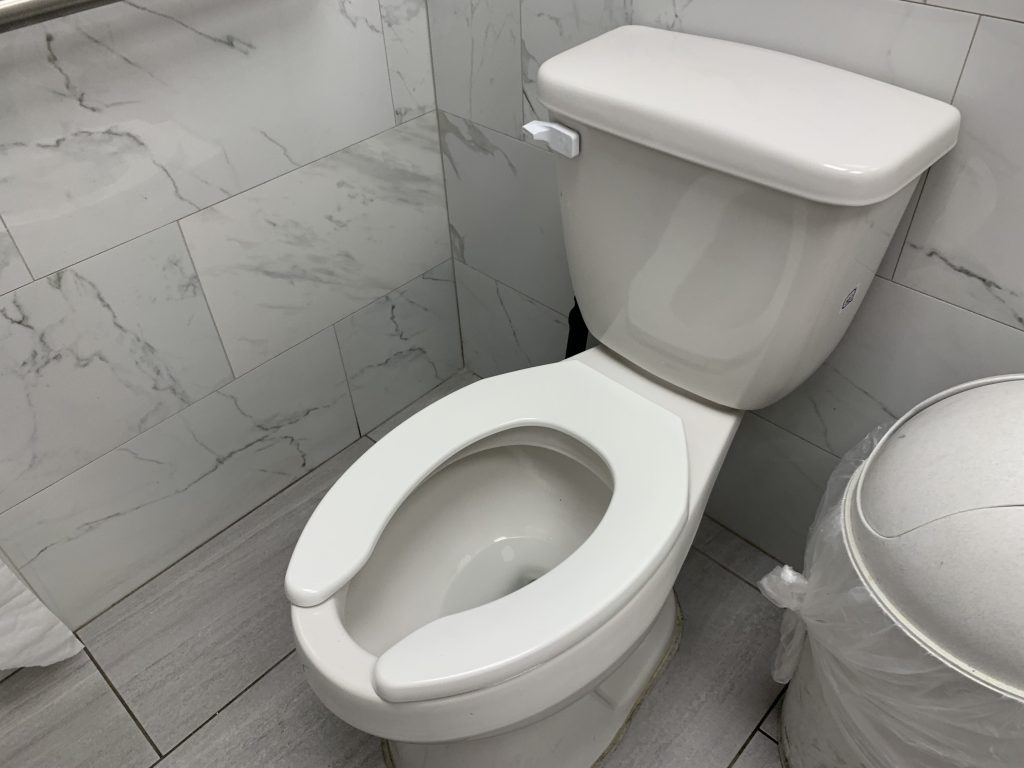
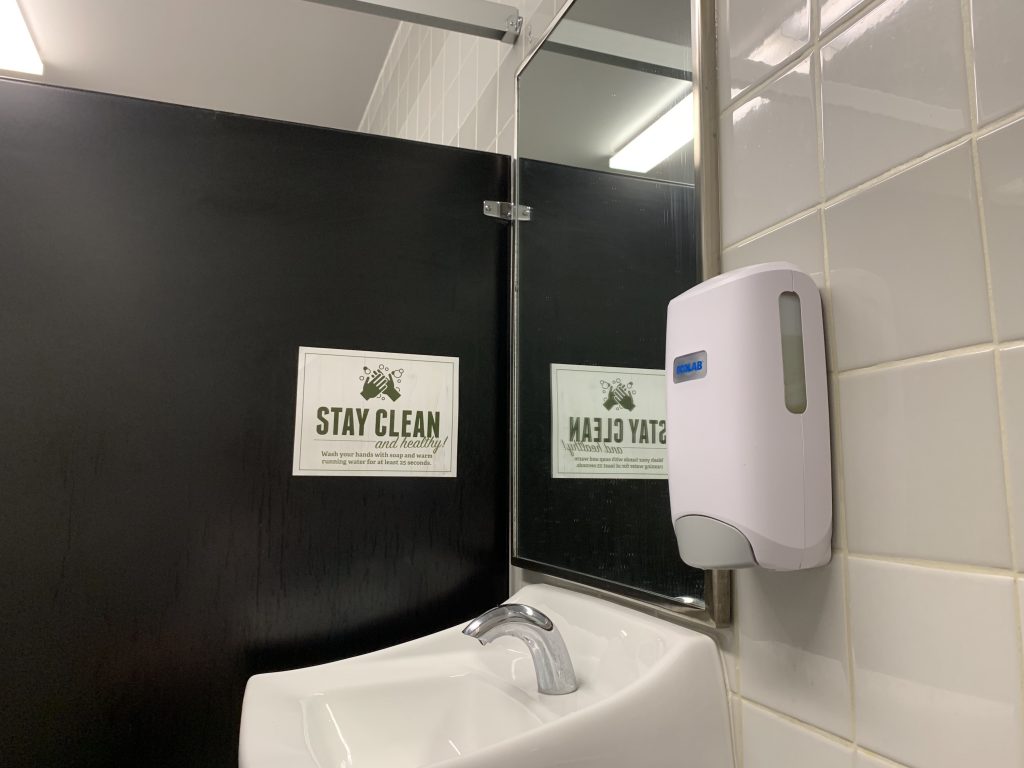
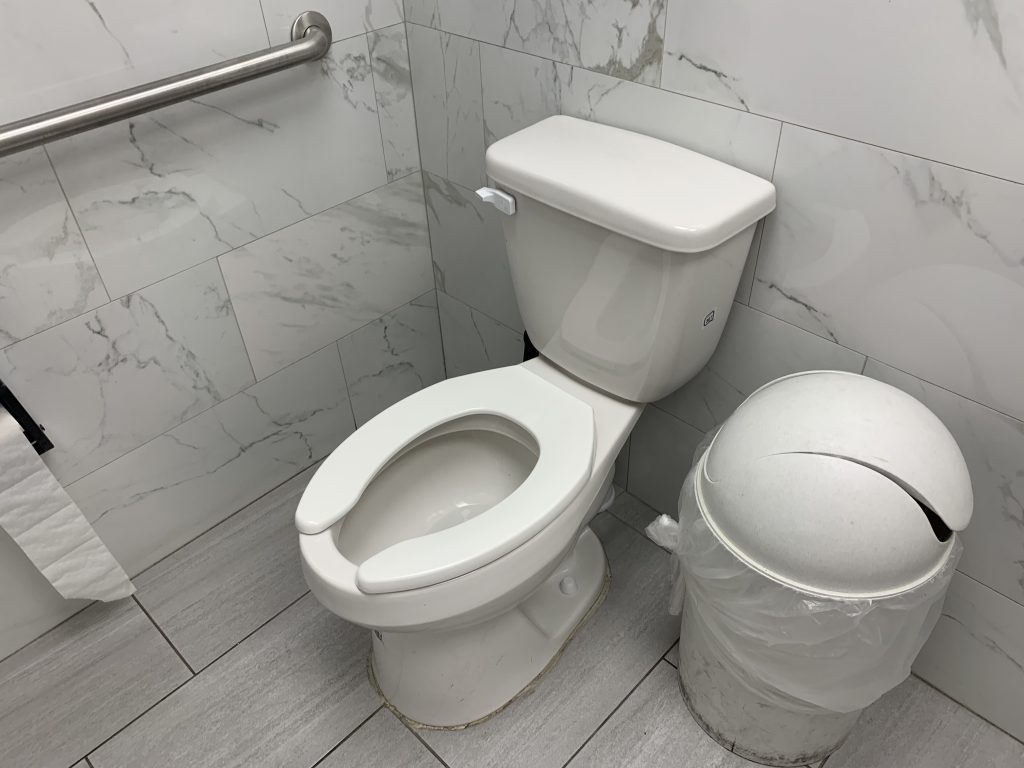
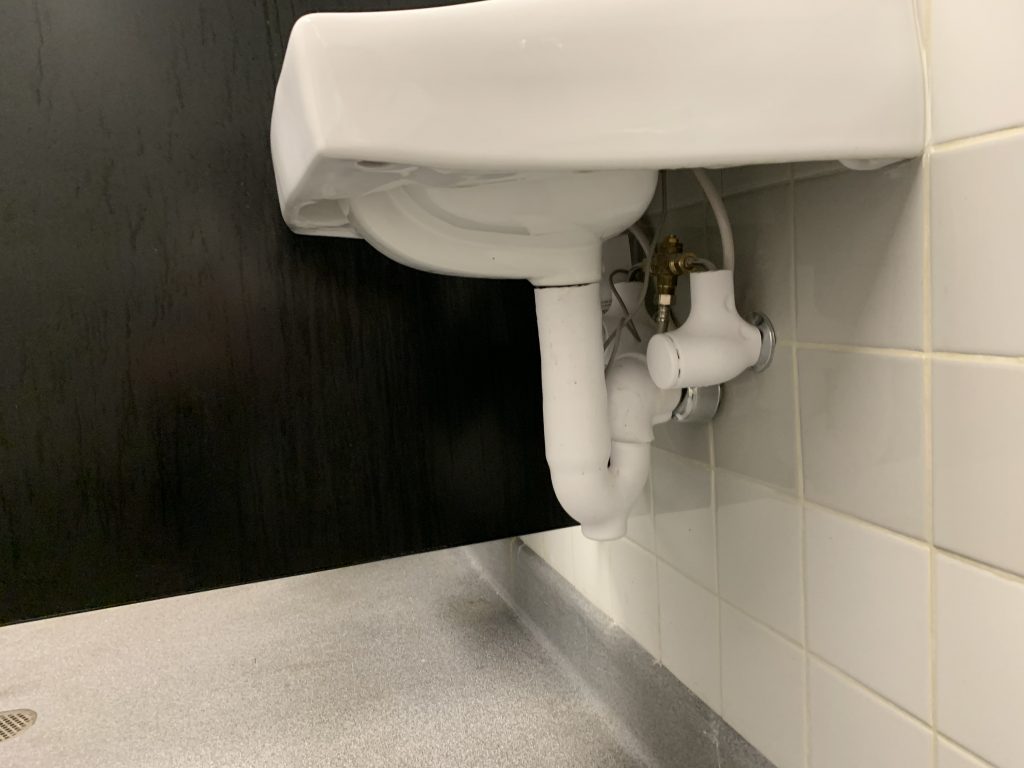
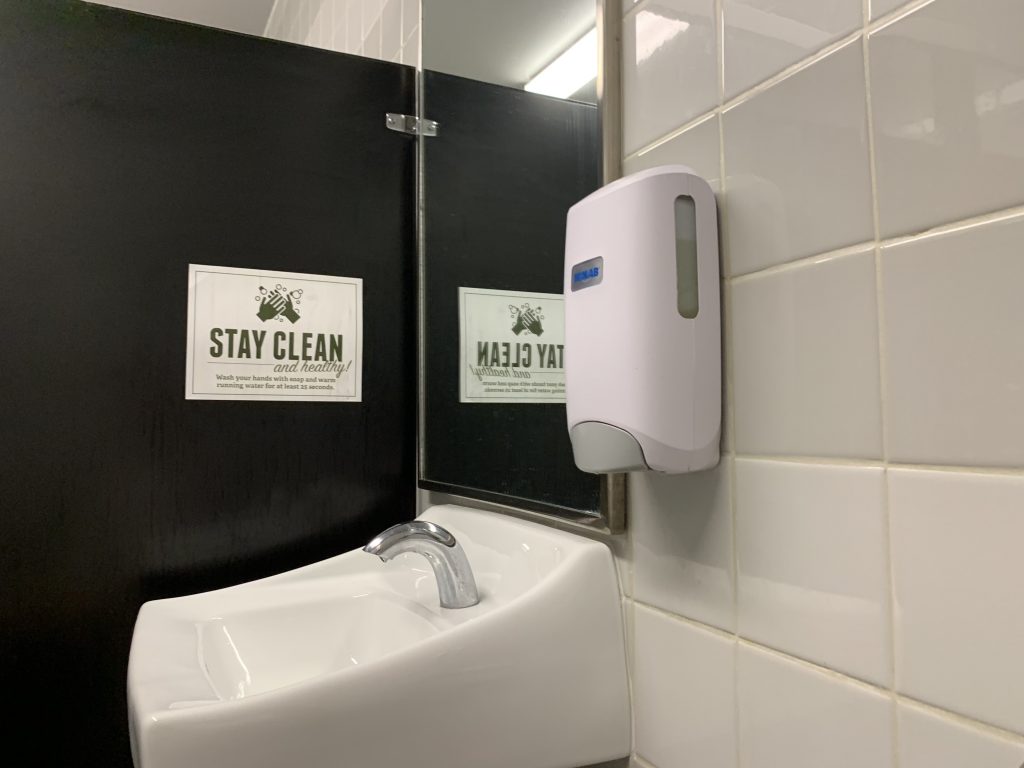
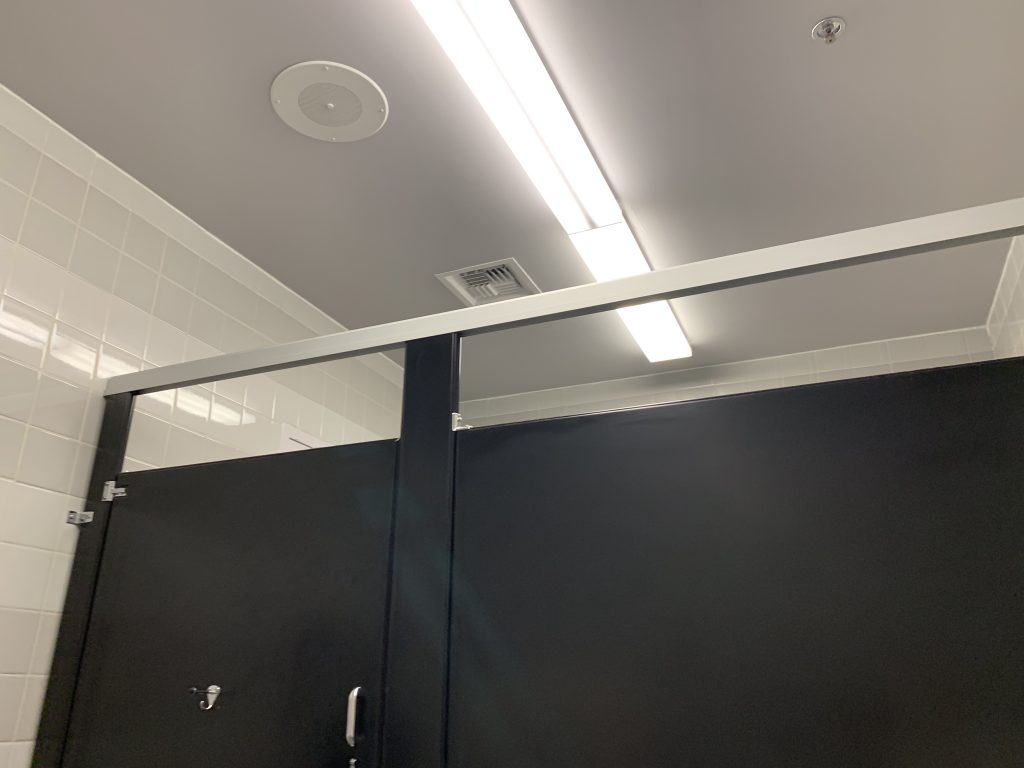
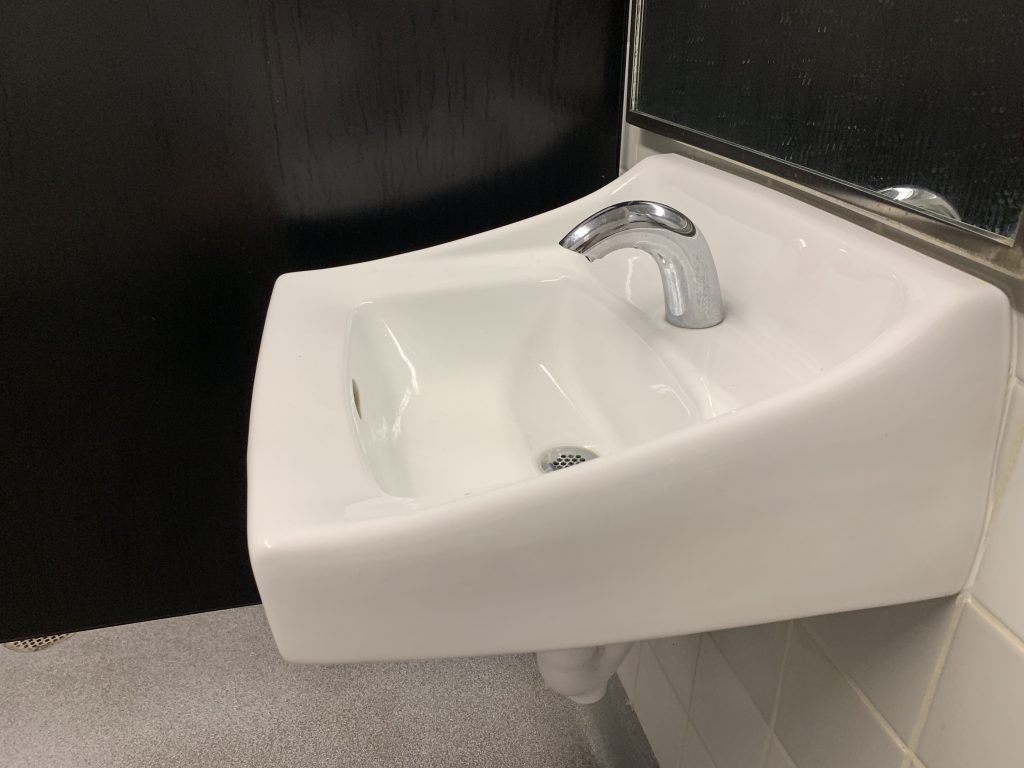
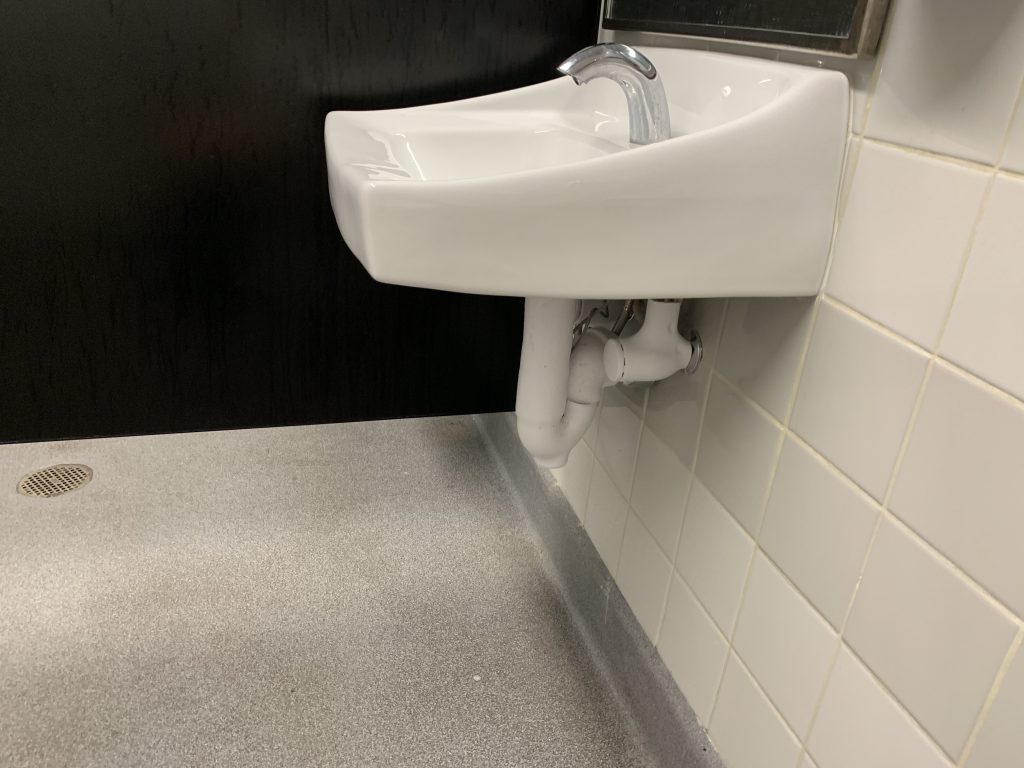
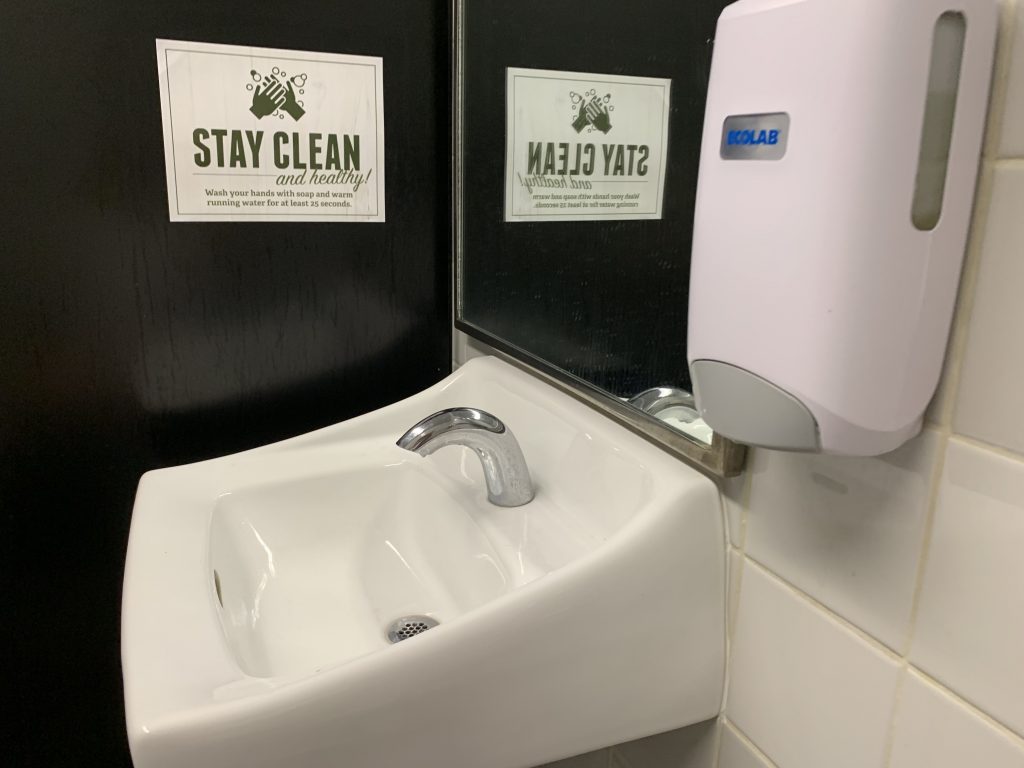
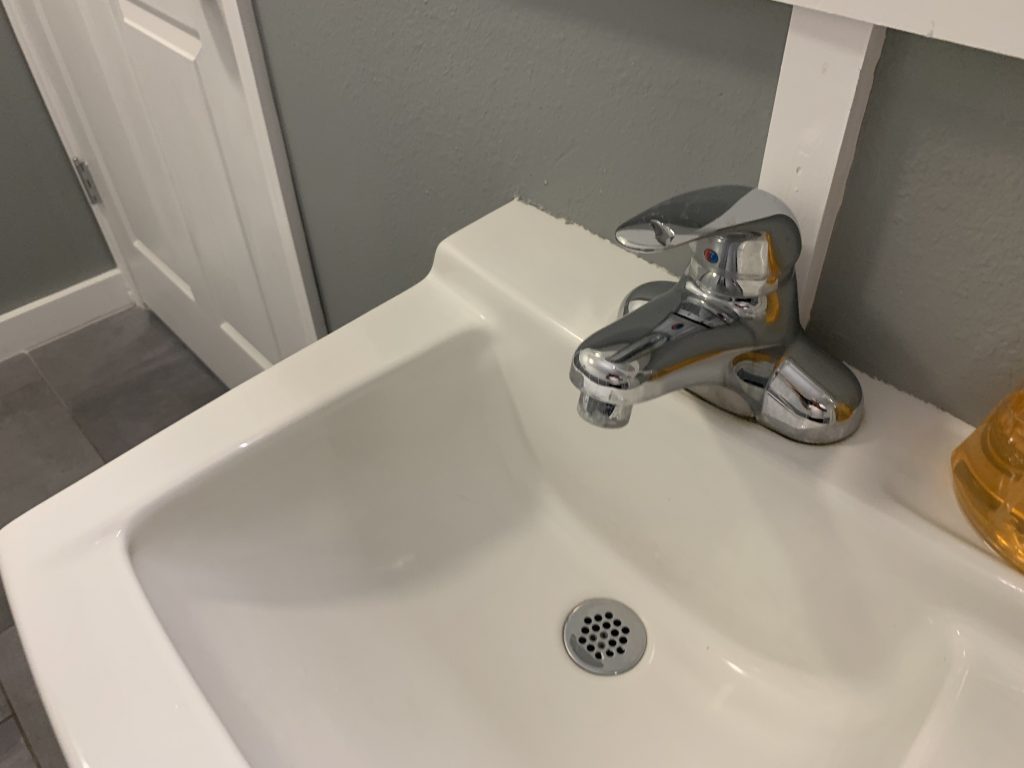
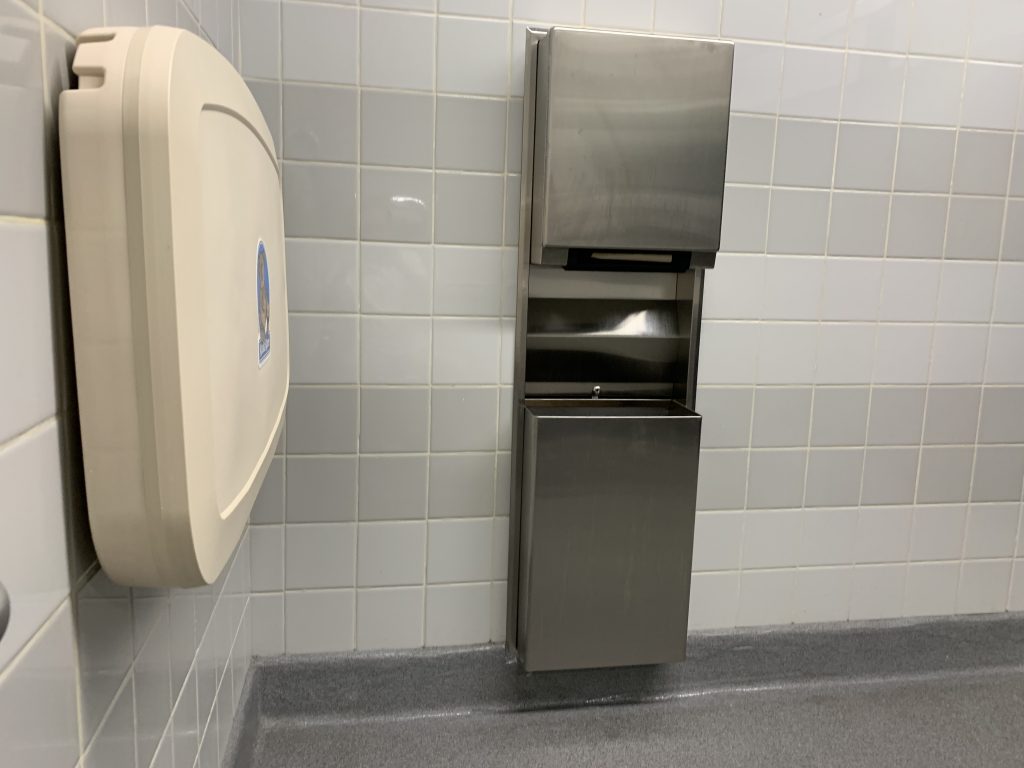
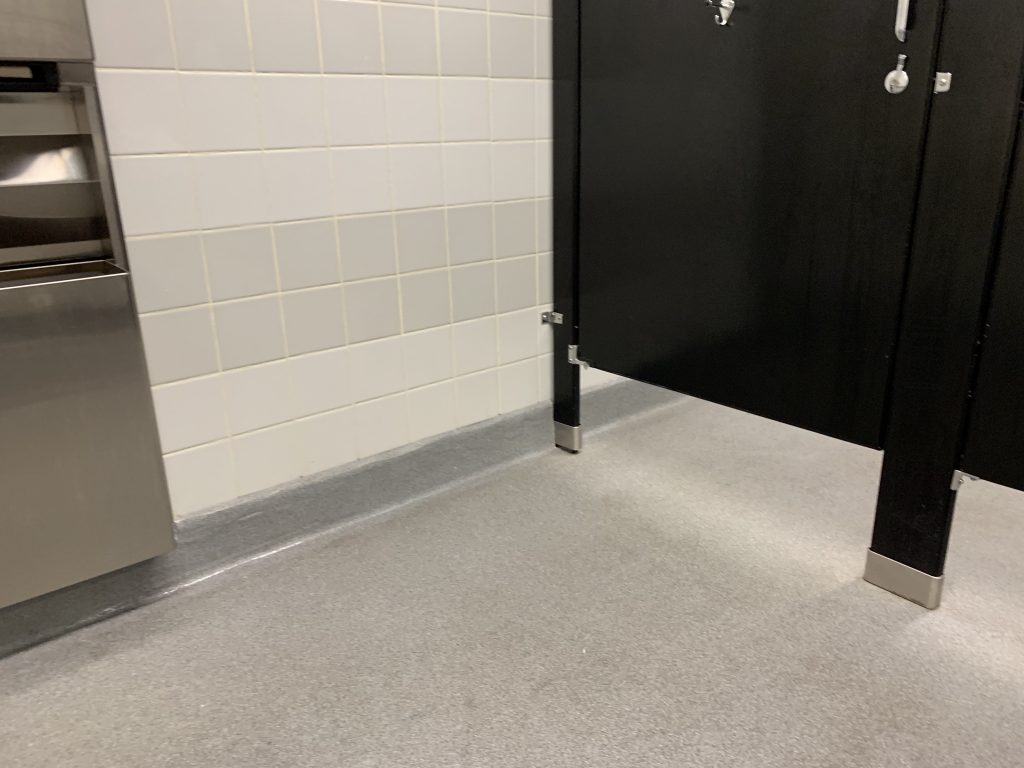
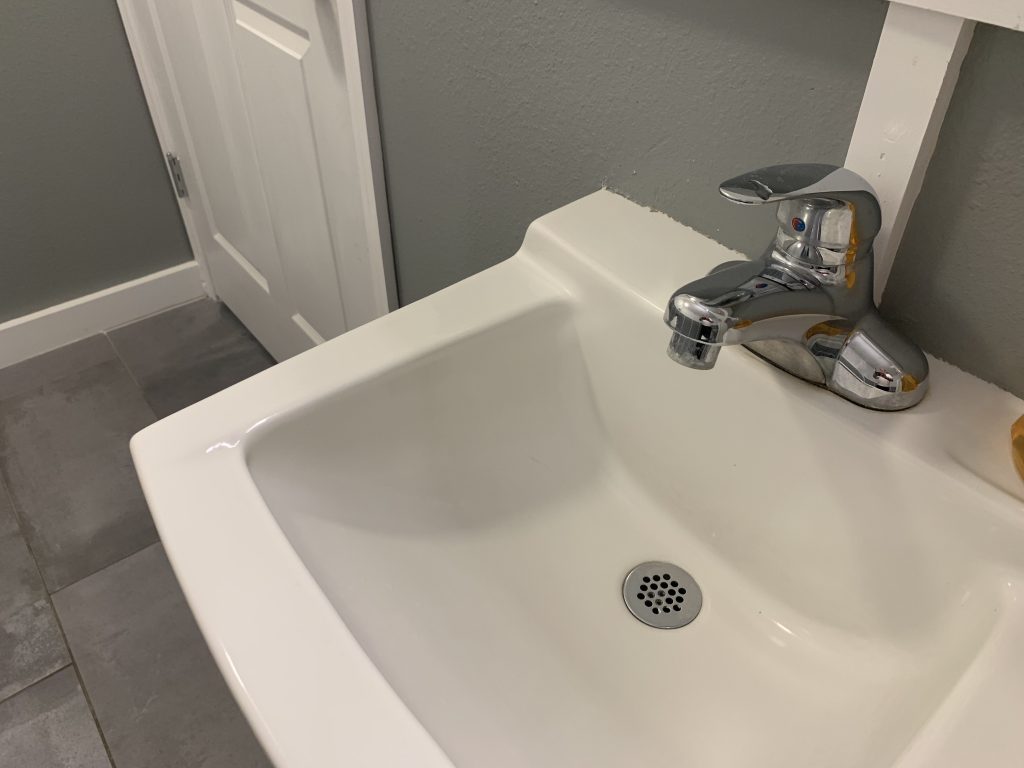
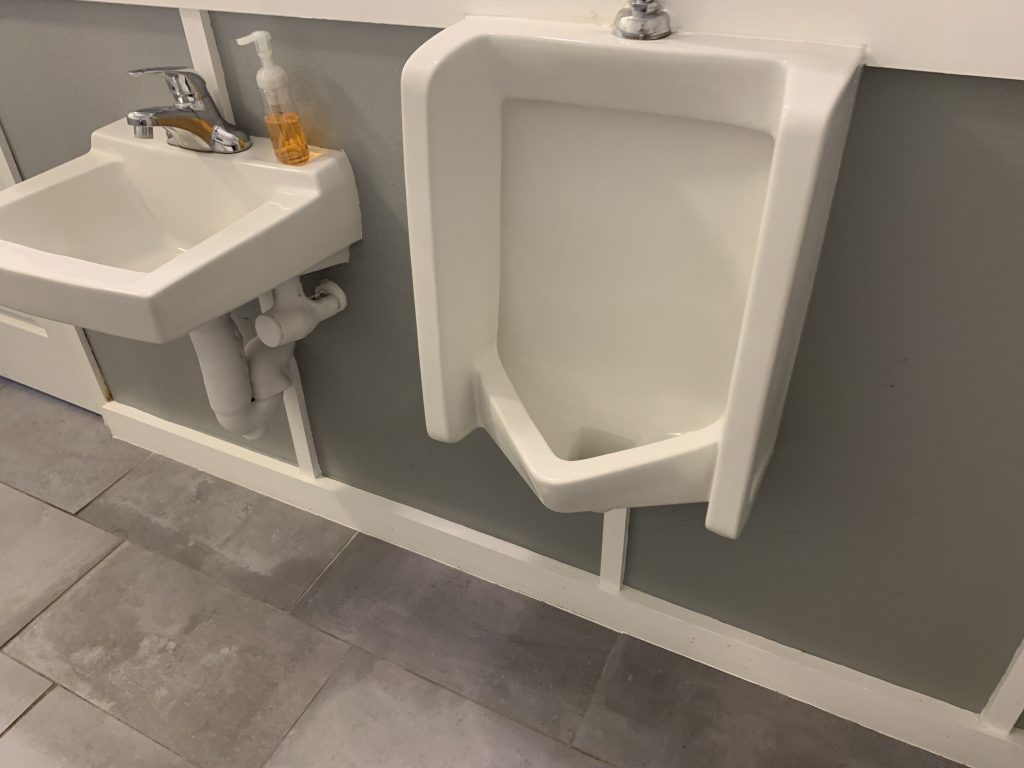
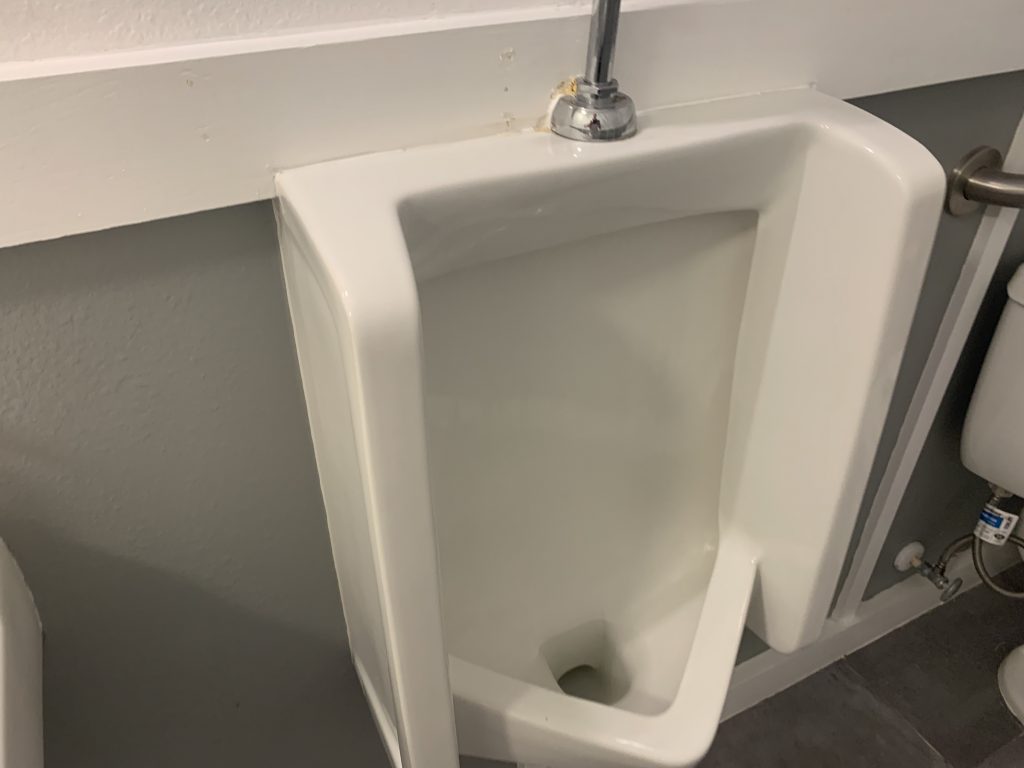
Recent Comments